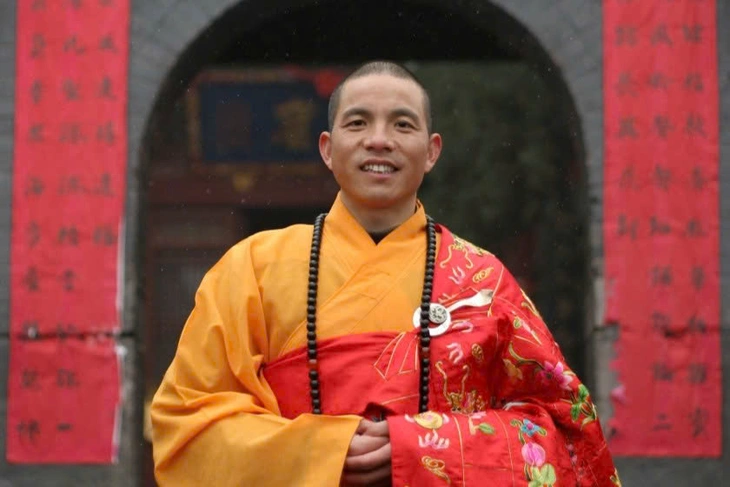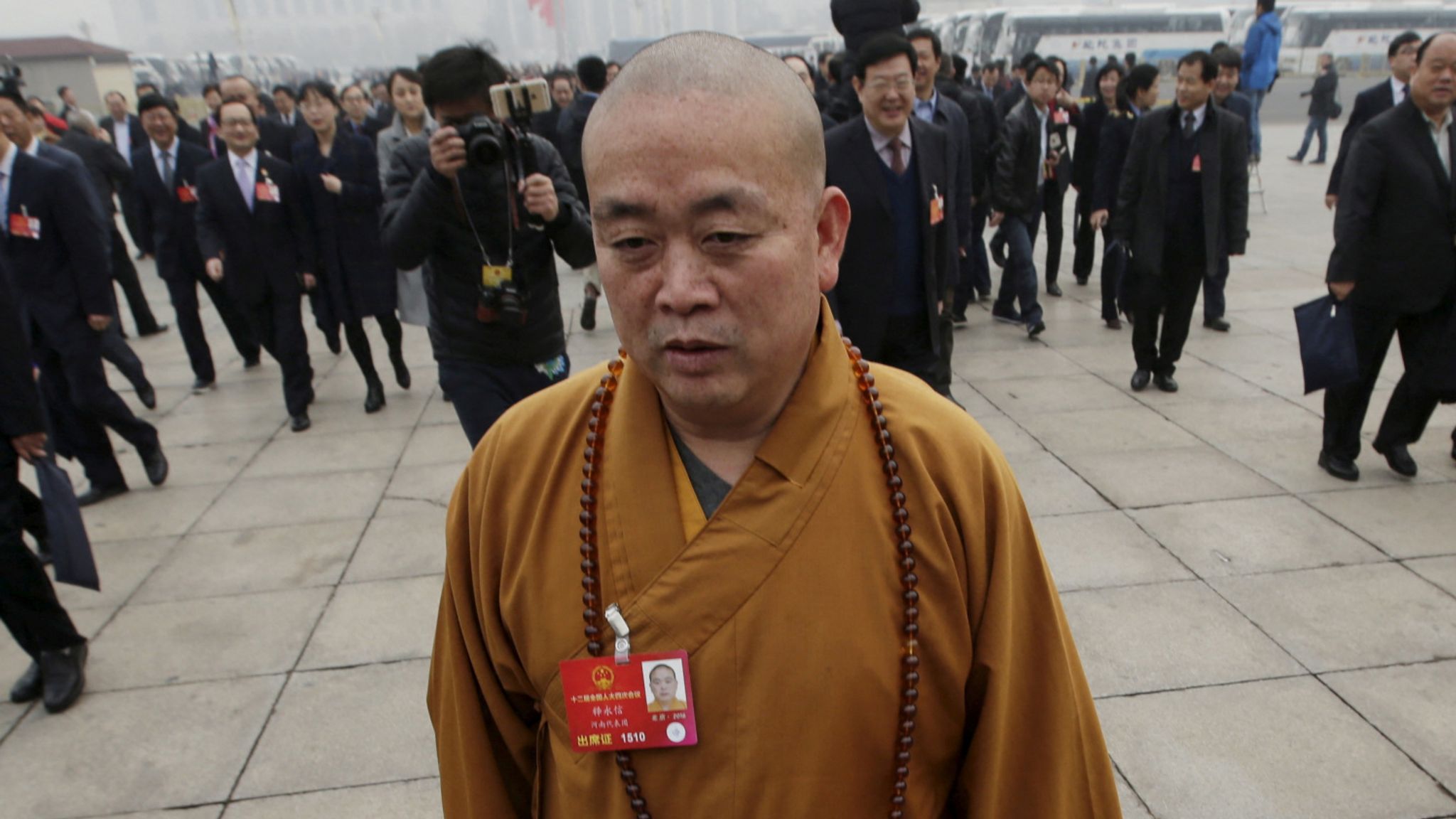A seismic shift has rocked one of China’s most famous religious institutions as digital restrictions and lifestyle overhauls triggered an exodus of Buddhist monks from the legendary Shaolin Temple.
The mass departures began almost immediately after the newly appointed abbot Shi Yinle, implemented what critics are calling the harshest disciplinary measures in the temple’s modern history. Within just one week of his July 29 appointment, more than 30 monks and staff members had abandoned their posts at the internationally renowned monastery in Henan province.

The 59-year-old Shi Yinle, who previously led The White Horse Temple for two decades, wasted no time in announcing five dramatic reforms designed to restore what he viewed as lost spiritual discipline. His crackdown included eliminating commercial performances, banning expensive consecration ceremonies, shuttering temple retail operations, mandating agricultural self-sufficiency, and completely restructuring the institution’s income distribution system.
But it was the digital detox measures that proved most jarring for the temple’s younger residents. Under the new regime, mobile devices must be surrendered to a central storage facility, with monks permitted just 30 minutes of screen time daily. All entertainment has been banned outright.
The restrictions emerged from Shi Yinle’s observations of what he considered spiritual decay among the monastery’s inhabitants. “Now some monks neither truly practise nor properly work,” he stated, citing instances of monks ordering takeaway meals in meditation chambers and listening to popular music through earphones during prayer sessions.
The new daily schedule mirrors the grueling pace of China’s notorious tech industry work culture. It has earned the nickname “Buddhist 996” among online commentators – a reference to the 9am-to-9pm, six-day workweek that has become synonymous with corporate burnout. Monks now must rise for morning prayers at 4:30am, followed by mandatory agricultural labor and afternoon martial arts training.
Dietary changes have proven equally stringent, with meals now consisting primarily of vegetables and tofu restricted to once-weekly servings. The temple has also suspended international tours by its famous martial arts troupe and shuttered both physical and online retail operations that previously generated significant revenue.
Perhaps most controversially, Shi Yinle has instituted a performance evaluation system requiring monks who fail assessments for three consecutive months to leave the temple entirely.
The personal toll of these changes has not gone unnoticed. One departing monk described having his mobile device confiscated as feeling like “losing an arm,” particularly since he had used it for reading religious texts. Another complained that the restricted diet had become so monotonous that he now “smells vegetables and feels like vomiting.”

The appointment of Shi Yinle came in the wake of investigations into his predecessor, Shi Yongxin, who faced allegations of financial and sexual misconduct after leading the temple for more than two decades. The scandal had already cast a shadow over the institution’s reputation before the new leadership’s arrival.
Public reaction to the exodus has been notably divided on Chinese social media platforms. Supporters of the reforms argue they are necessary to eliminate what they view as inauthentic practitioners. “This helps weed out a large number of fakes who became monks just to enjoy life,” wrote one commentator.
Another echoed this sentiment more harshly: “Those leaving were never real monks, they chanted ‘gold’ rather than Buddhist scriptures. It is a good thing. Let them go and take away the impurities with them.”
However, some observers have responded with dark humor about the temple’s new austere conditions. “When pilgrims arrive at the Shaolin Temple and see how hard the monks live, they suddenly feel their own lives are not so bad after all,” quipped one social media user.
The departure of so many residents raises questions about the future of an institution that has served as both a spiritual center and cultural ambassador for Chinese Buddhism worldwide. Whether the remaining monks will adapt to their dramatically altered lifestyle, or if additional departures will follow, remains to be seen as the temple continues its transformation under its new leadership.


